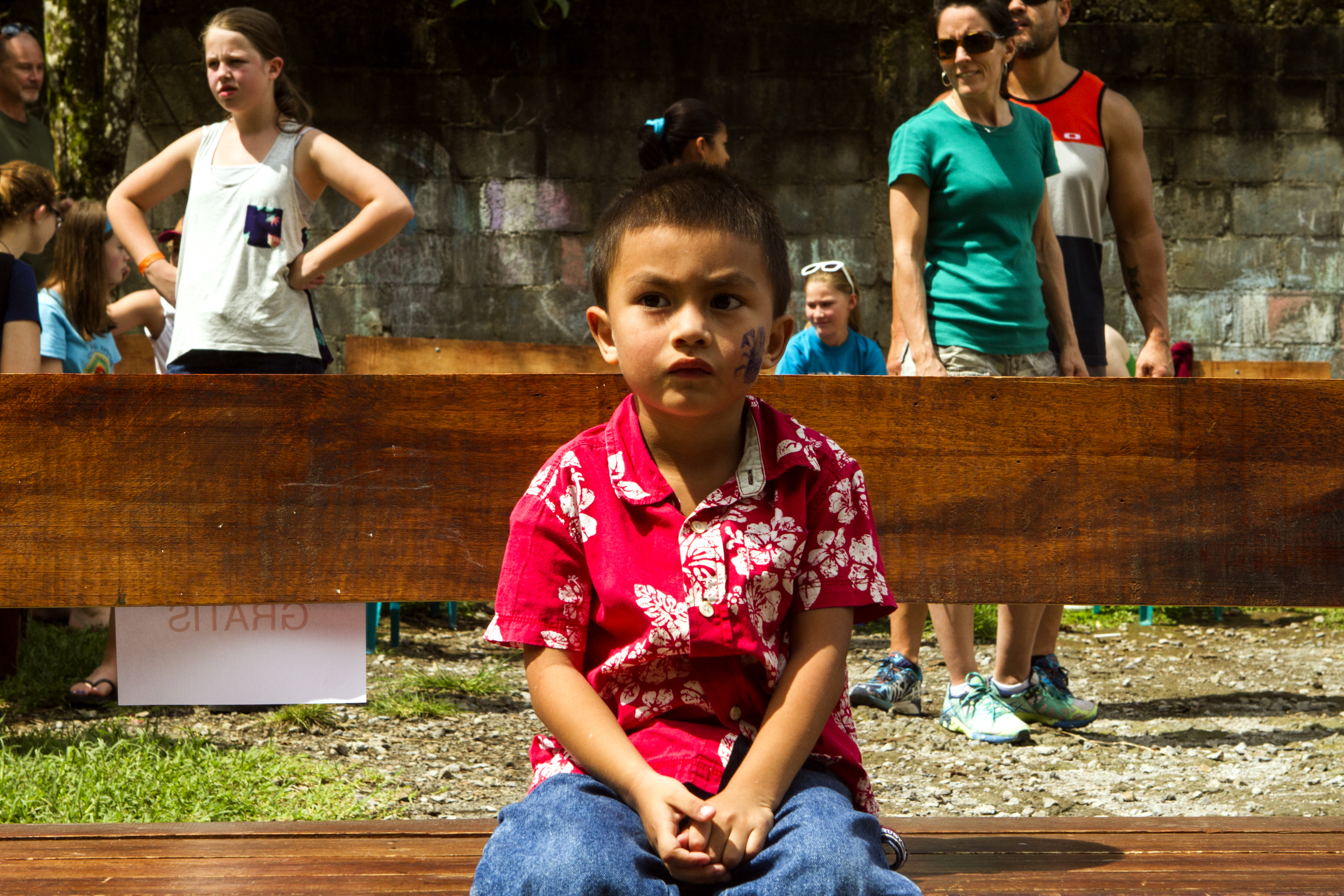By Katie Ellington, News Editor
Short-term missions trips have grown increasingly popular in the last seventy years, but some have questioned whether or not they are the best way to utilize resources for overseas missions.
Critics of short-term mission trips have said that missions trips cost too much and that the funds should be donated to the needy or invested in long term missions efforts. Others have stated that the service projects, a common activity during short-term missions, do doesn’t contribute to the spiritual vitality of a community. For these reasons, missions trips organizers at Asbury strive to make sure that the money spent and effort invested serves others in a unique way that meets the need of the area.
Worship Arts professor John Roller says that students who go on the department’s annual summer mission trips work very hard and minister in very personal ways.
“Our mission is to use the arts to bring people who don’t know Jesus to Him and to bring those who do know Him closer to Him,” he said.
This July will mark the department’s second trip to Malawi, a small nation in southeastern Africa. The team will spend three weeks playing with and caring for Malawian orphans, performing and ministering with a Malawian worship band and praying with missionaries there.
Sophomore Carolyne Clements, who went on last year’s trip to Malawi and is going again this summer, says that the unique experience of having an American band piques local interest and draws people into the Christian community who may not otherwise come.
“There are people who wouldn’t have been reached I they didn’t hear out American music or see us in their village,” she said. “We served to spark curiosity in the villages, then the Malawian pastors who knew the culture were able to speak to the crowds and minister to their need for Jesus and his redemption.”
Jonathon Powers, Asbury’s director of student involvement for World Gospel Mission, said relational missions are always at the heart of the trips WGM plans. Students often use their skills to partner with long term missionaries and the local church.
“If there is a work project as part of the trip, the team never does the work isolated from the local people,” said Powers. “WGM always makes sure that any work projects (painting, construction, etc) are done in partnership with people from the local community. This is done in part so that friendships are made between team members and the people in the local community.”
Powers said that preparing students to engage with the culture is a big part of WGM’s pre-trip planning. Volunteers attend weekly meetings for team bonding and prayer, but they also learn the ins-and-outs of the area they will be visiting.
“We look at topics ranging from food and clothing to cultural norms and faux pas,” he said. “The missionaries on the fields are always incredibly helpful in providing information for our teams.
Roller makes sure that students know what to expect before their trip. The students going on this year’s trip has been preparing with weekly lessons on the culture and the common language, Chichewa. Nevertheless, living in a vastly different environment can be both challenging and rewarding for students.
“Helping students experience the richness of another culture very unlike their own and appreciate it is one of the most valuable education experiences we can give,” Roller said. “These are the kind of trips where you can’t rely on yourself. You have to be dependent on Jesus; it’s just too hard on your own. And that’s a position we want to put ourselves in, where we have to be dependent on him.”
Clements said this dependence was a humbling experience, and one of the best parts of her trip.
“When we were at the end of ourselves and didn’t know how to act or minister to people who don’t speak our language, it taught us to have a reliance on the Lord in a way I never would have experienced in America,” she said.
While financial donations can be helpful in advancing the cause of Christ, Roller believes that dollars can’t meet every need.
“Sending money doesn’t draw people in to hear the gospel—being there does. Sending money doesn’t pray for a Malawian pastor as he’s discerning how to minister to a tortured soul—being there does,” he said. “Yes, we need money to help support our African brothers and sisters, but we also need people willing to go and be used.”
“Giving money is a valid way to help the people in need, but there is something about going to be with and serve,” said junior Kylie Gooden, who went on a trip to missions trip to Ireland. “Building relationships with people outweighs whatever money could buy in my opinion, especially if you are sharing Christ with them.”




